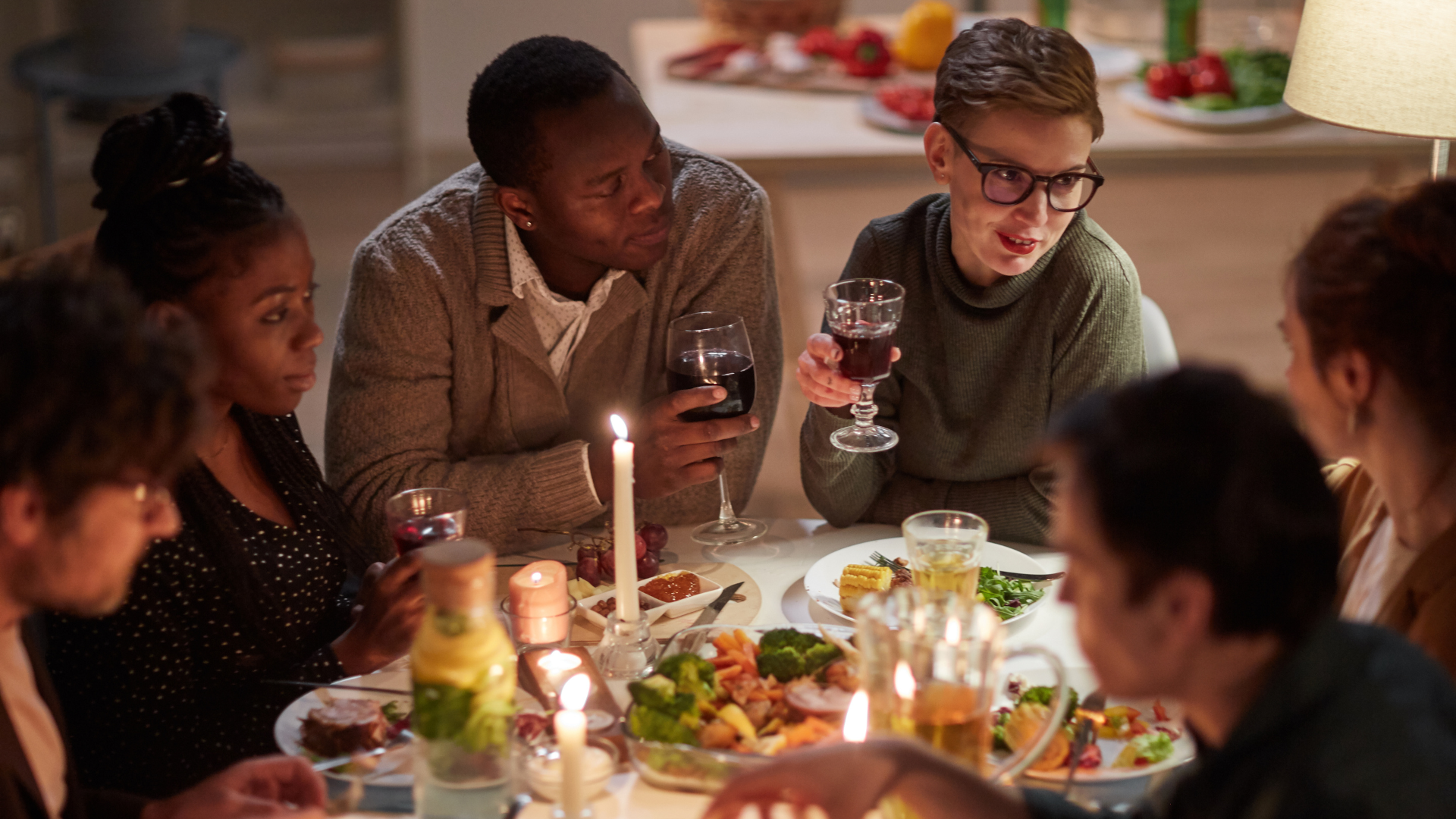People love to define themselves by whether they’re an introvert or an extrovert. While this personality trait does have a huge impact on who we are and how we interact with others, this kind of black-and-white thinking has also led to a lot of stereotypes.
Sure, some clichés about introverts and extroverts are grounded in reality: as an introvert, I’ll admit that I enjoy spending time by myself. But unfortunately, a lot of these stereotypes are actually gross misconceptions that stand in the way of us understanding one another.
Introvert myths
It’s commonly assumed that all introverts are antisocial. While this might ring true for some, most of us can be pretty outgoing – once we feel comfortable. Introverts are often perceived as cold and aloof, when really we’re just shy, and take time to warm up to others.
Personally, I don’t dislike social events at all – but they do require a lot of energy. When I feel the need to recharge, I prefer being alone. Society often views solitary people with pity, but solitude can be so refreshing and rejuvenating. In this age of social media and hyper-connectedness, I need and enjoy my time alone. That time allows me to replenish my energy before I step out again.
As an introvert, I need and enjoy my time alone.
Another cliche is that introverts never talk. It’s true that most of us don’t like small talk, which can sometimes make us seem quiet. That doesn’t mean we don’t like getting into conversations. Most introverts can talk endlessly about the things they really care about. We may be great listeners, but we usually refrain from speaking if we feel like we have nothing to contribute.
Not the stuff of leaders
Stereotypes about introverts can even affect things like job-searching. There’s a misconception that because introverts are quiet, they aren’t “leadership material.” Most famous leaders have great public speaking and networking skills, which makes it easy to feel like extroverts have an advantage in the workforce. Job applications seek “people persons,” and many self-help books are dedicated to helping people become more outgoing (for example, Dale Carnegie’s How to Win Friends and Influence People).
As a result, introverts are often overlooked for their influence. However, when introverts are passionate about their work, they can rise to the occasion. They make the effort to overcome their shyness and improve their social skills. Rosa Parks, Bill Gates and Gandhi are all examples of leaders with introverted personalities. Leaders don’t always have to be loud in order to be powerful.
Extrovert stereotypes
That being said, extroverts have to deal with plenty of negative stereotypes of their own. For instance, they’re more likely to get labelled as “attention seekers.” True, extroverts are willing to stand in the limelight and are more comfortable being the center of attention. But that doesn’t mean that they’re attention hogs. On the contrary, they usually enjoy sharing the limelight with others. The more, the merrier!
Because of their social nature, extroverts are often mislabeled as “clingy” people. They tend to be the first to text, call, or follow up. That’s because extroverts recharge their batteries by being around other people, just as introverts recharge by spending time alone. Enjoying the company of people doesn’t make them clingy or incapable of functioning independently.
Additionally, extroverts are commonly seen as bad listeners because they tend to be more talkative. While listening quietly may come more naturally to introverts, extroverts can be great listeners in their own way. My extroverted friends say that they talk more to avoid awkward silences or to keep dialogue flowing. Plus, their ability to pick up on the energy of people around them can make them extremely perceptive to the needs of others. Doesn’t that sound like an important quality for a good listener?
Beyond the clichés
It should come as no surprise that these misconceptions about introverts and extroverts can cause friction between people. The truth is, introversion and extroversion aren’t two opposite poles: they’re a broad spectrum of behavior, and our position on it changes depending on the situation. In some places, around some people, I’ll be a lot more outgoing and seem much more extroverted than usual.
Despite their differences, introverts and extroverts are like yin and yang, two sides of the same coin. No personality type is better than the other. Our differences make us complementary, and we usually get the best results from working together.
Need to get something off your chest?
Book a free vent session today.



